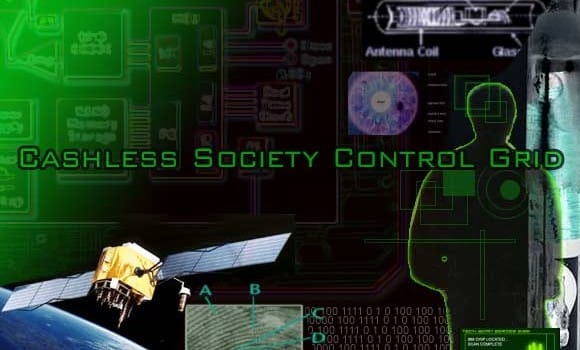Starting today, the Royal Bank of Scotland will become the first bank in the U.K. to impose a negative interest rate on depositors. The negative rate will apply only to corporate customers, including mutual fund managers and pension funds, holding deposits of certain...


